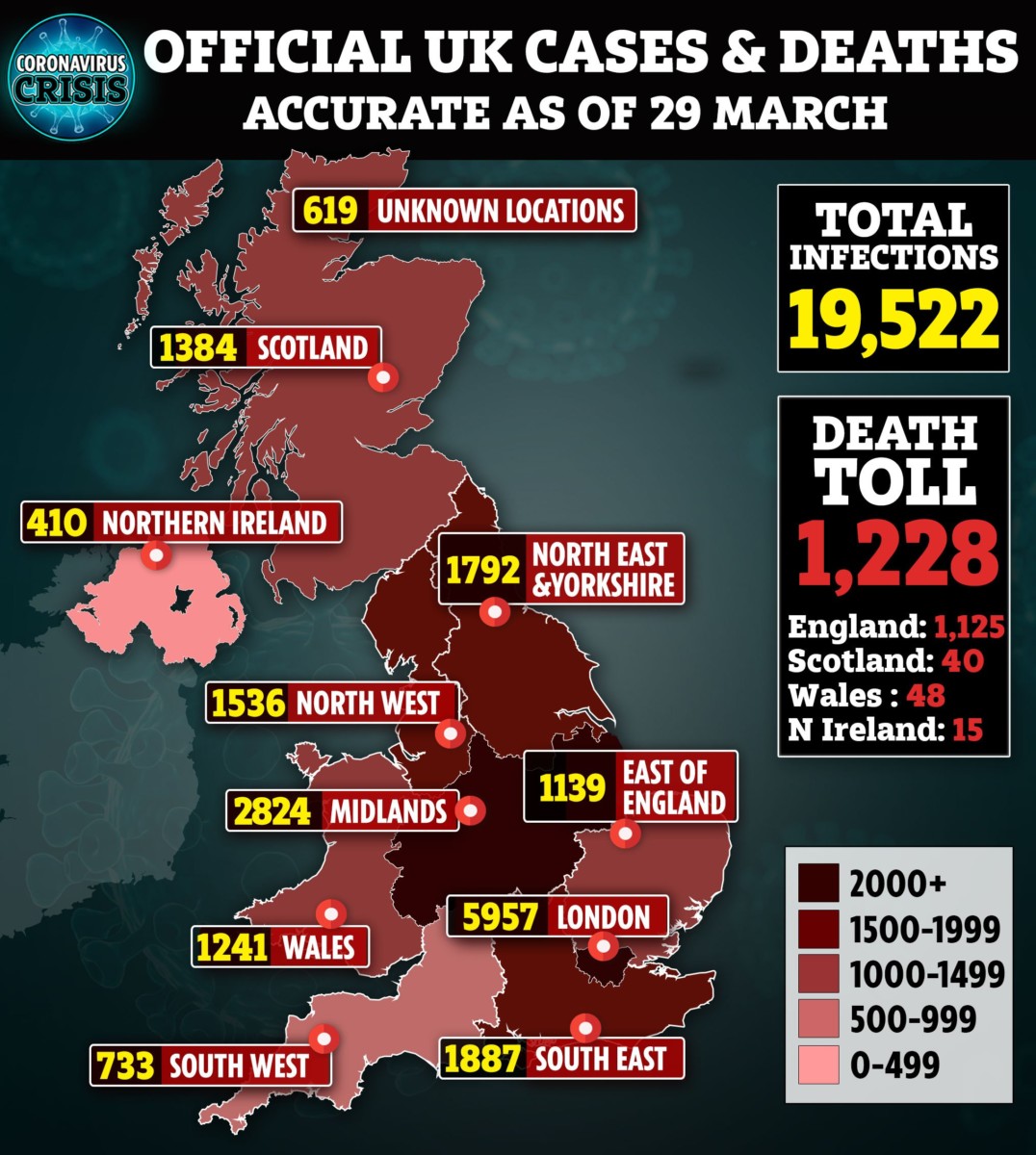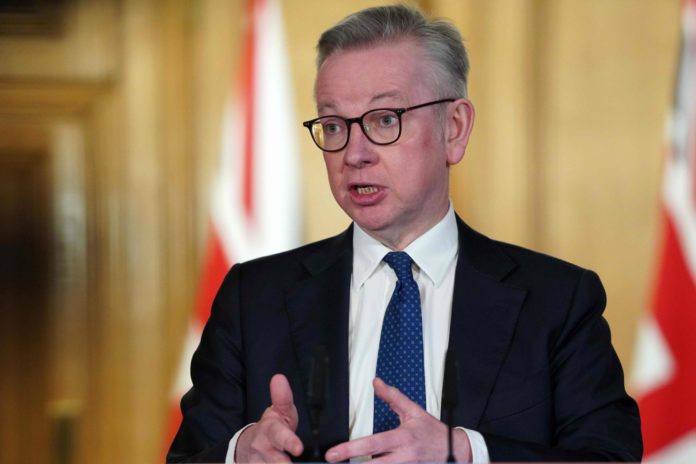DAILY walks or runs should be a maximum of one hour and take place near the home, Michael Gove said yesterday.
The Cabinet Office minister told the Andrew Marr Show that it would depend on each person’s fitness, but common sense should be used.
Police forces said there has been “some confusion” about how long it was acceptable to go out for each day.
Emergency laws passed last week say Brits are allowed to go out for exercise, but it does not specify how long that should be.
Andrew Marr asked Mr Gove: “We know you’re only allowed to go out once to take a piece of daily exercise, is there any suggestion about how long you should be out for?”
And he replied: “Well, obviously it depends on each individual’s fitness, but I would have thought that for most people a walk of up to an hour
or a run of 30 minutes or a cycle ride, depending on their level of fitness is appropriate.”
He said yesterday he went for a jog and was pleased to see people maintaining a safe two metre distance from others.
“People have been displaying that degree of discipline and that’s admirable,” he said.
On Friday, the Government was forced to issue further details, saying the public should only use “open spaces” near their homes when exercising and warned against travelling “unnecessarily”.
Some Brits have been travelling across the country to get to beauty spots and parks to go for their daily outside exercise.
But police and ministers have advised against this.
You should only go out for a jog or walk near your home if you can.
Police do have extra powers thanks to last week’s emergency laws, which mean they can fine anyone who is in gathering of more than two.
Officers will aim to slow the spread of coronavirus by asking people to go indoors and will be authorised to use force if they refuse.
The base rate for the fine is £60, which is then reduced to £30 if paid within 14 days.
Several of the same offences will see the charges soar, with Brits hit with a £960 fine for not doing their bit.
Those who keep disobeying can be arrested and locked up.
It comes as police began have using checkpoints to stop vehicles and ask drivers if their journey is essential during the coronavirus lockdown.
Drones were also used in some parts of the country too to keep checks on the public.
a number of forces were accused of being overzealous in their approach to the new rules.
Yesterday South Wales Police hit out at MP Stephen Kinnock for visiting his father, former Labour leader Neil Kinnock, on his birthday – even though it was at a socially safe distance.
And officers in Warrington summonsed six people for various offences, including someone who went out for a drive because they were bored, and multiple people from the same house going out to buy non-essential items.
This morning Metropolitan Police Commissioner Cressida Dick said her approach is to “help educate and encourage” the public to comply with the tightest restrictions seen in peacetime in the UK – using fines as a last resort.
She gently slapped down forces which were over-reaching with their powers, and added: “I think we’re all trying to get used to this.
“My approach in my service is one entirely of trying to encourage people, to engage with people, to have conversations with people.”
The row came today as Professor Neil Ferguson, from Imperial College in London, who has been advising the government on the pandemic, says up to five per cent of Londoners may have already been infected with Covid-19.
A third of people won’t get symptoms, he suggested.
Despite this, he predicts that the epidemic “is slowing” in the UK as the numbers of new hospital admissions per day is slowly decreasing.
Prof Ferguson‘s comments come after the number of people tested positive for Covid-19 in the UK yesterday rose to over 19,000 people – with the death toll standing at 1,228.










